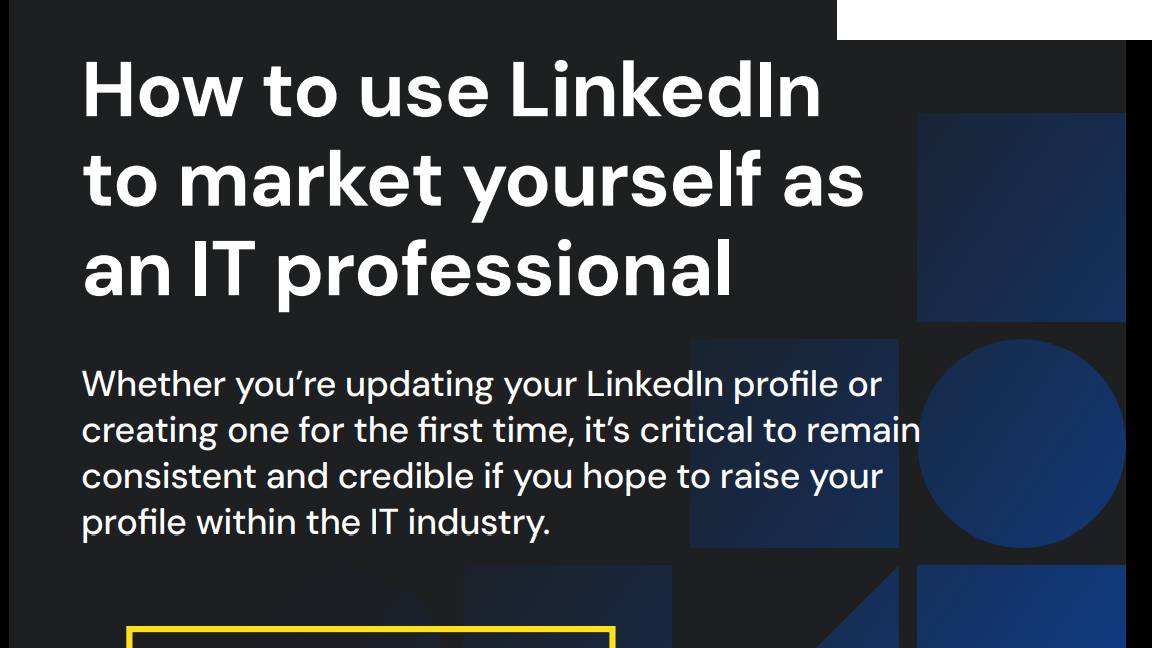Businesses block social networks over legal fears
Some UK companies have already been asked to provide electronic information from social networks for legal cases.

Sign up today and you will receive a free copy of our Future Focus 2025 report - the leading guidance on AI, cybersecurity and other IT challenges as per 700+ senior executives
You are now subscribed
Your newsletter sign-up was successful
Half of UK companies block social networks, according to a report that suggested businesses are afraid of being asked to provide information from these websites as part of legal cases.
A litigation trends survey from international law firm Fulbright and Jaworski said that 52 per cent of UK and 46 per cent of US companies blocked social networking sites, while two in five UK and US businesses blocked personal social networking sites such as Facebook and MySpace.
Even business-related networking sites such as LinkedIn and Plaxo were blocked by 30 per cent of UK and US companies.
The report claimed that this was "understandable", considering 18 per cent of UK companies had been asked to provide information from these websites as part of an electronic discovery' request in legal proceedings.
"For some businesses, networking sites can provide an efficient platform for keeping up-to-date with the latest developments and maintaining a profile in their industry," said Fulbright partner Melanie Ryan in a statement.
"For those businesses that block access, such benefits are outweighed by the possible legal risks, including the inadvertent disclosure of confidential or proprietary information and the resulting claims of fines imposed by their regulators not to mention, the security threat to their IT systems."
Technology companies were the least likely to block social networks, with 56 per cent of UK and US tech companies having no restrictions on sites.
Sign up today and you will receive a free copy of our Future Focus 2025 report - the leading guidance on AI, cybersecurity and other IT challenges as per 700+ senior executives
Rick Mans, a social media evangelist at Capgemini, claimed in a blog post that employees were just as likely to leak information with their internet connections at home.
He said that the best action business leaders should take was to simply talk with employees and create a set of guidelines about how they should behave online.
"You only block internet access when you are afraid to talk with your employees about their behaviour," he said. "Preventing behaviour does not solve your problems, it will prevent them just for a short period of time."
-
 How the rise of the AI ‘agent boss’ is reshaping accountability in IT
How the rise of the AI ‘agent boss’ is reshaping accountability in ITIn-depth As IT companies deploy more autonomous AI tools and agents, the task of managing them is becoming more concentrated and throwing role responsibilities into doubt
-
 Hackers are pouncing on enterprise weak spots as AI expands attack surfaces
Hackers are pouncing on enterprise weak spots as AI expands attack surfacesNews Potent new malware strains, faster attack times, and the rise of shadow AI are causing havoc
-
 How to use LinkedIn to market yourself as an IT professional
How to use LinkedIn to market yourself as an IT professionalwhitepaper Whether you’re updating your LinkedIn profile or creating one for the first time, it’s critical to remain consistent and credible if you hope to raise your profile within the IT industry
-
 Meta to pay $725 million in Cambridge Analytica lawsuit settlement
Meta to pay $725 million in Cambridge Analytica lawsuit settlementNews The settlement closes the long-running lawsuit into how Facebook's owner, Meta, handled the Cambridge Analytica scandal
-
 Businesses to receive unique Twitter verification badge in platform overhaul
Businesses to receive unique Twitter verification badge in platform overhaulNews There will be new verification systems for businesses, governments, and individuals - each receiving differently coloured checkmarks
-
 Twitter could charge $20 a month for 'blue tick' verification, following Musk takeover
Twitter could charge $20 a month for 'blue tick' verification, following Musk takeoverNews Developers have allegedly been given just seven days to implement the changes or face being fired
-
 Meta's earnings are 'cause for concern' and 2023 looks even bleaker
Meta's earnings are 'cause for concern' and 2023 looks even bleakerAnalysis Calls for investor faith in metaverse tech only emphasise the worries that its investment strategy won't pay off
-
 Microsoft and Meta announce integration deal between Teams and Workplace
Microsoft and Meta announce integration deal between Teams and WorkplaceNews Features from both business collaboration platforms will be available to users without having to switch apps
-
 Facebook is shutting down its controversial facial recognition system
Facebook is shutting down its controversial facial recognition systemNews The move will see more than a billion facial templates removed from Facebook's records amid a push for more private applications of the technology
-
 'Changing name to Meat': Industry reacts to Facebook's Meta rebrand
'Changing name to Meat': Industry reacts to Facebook's Meta rebrandNews The rebrand attempts to provide a clearer distinction between Facebook and its umbrella company